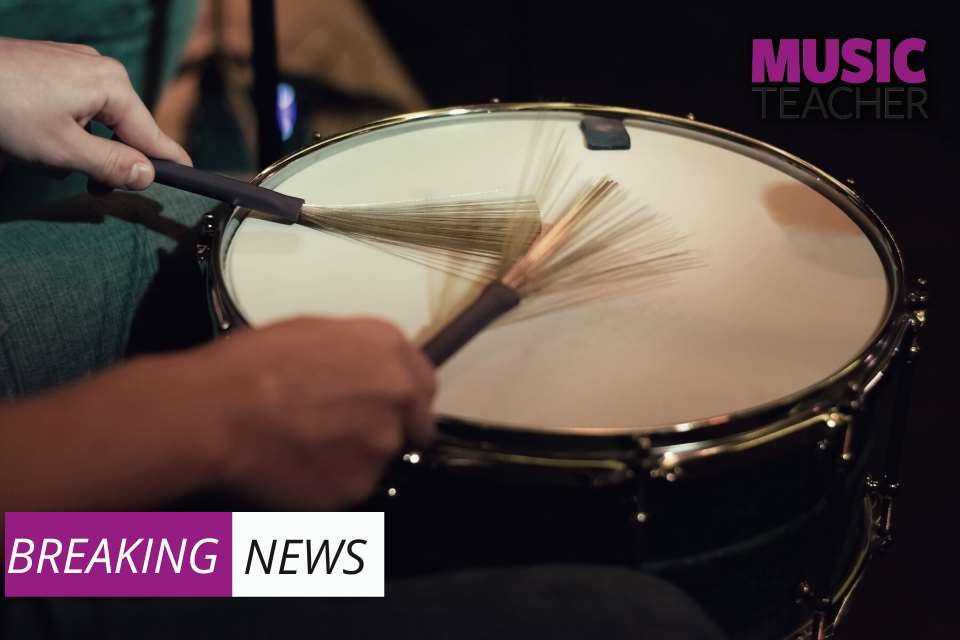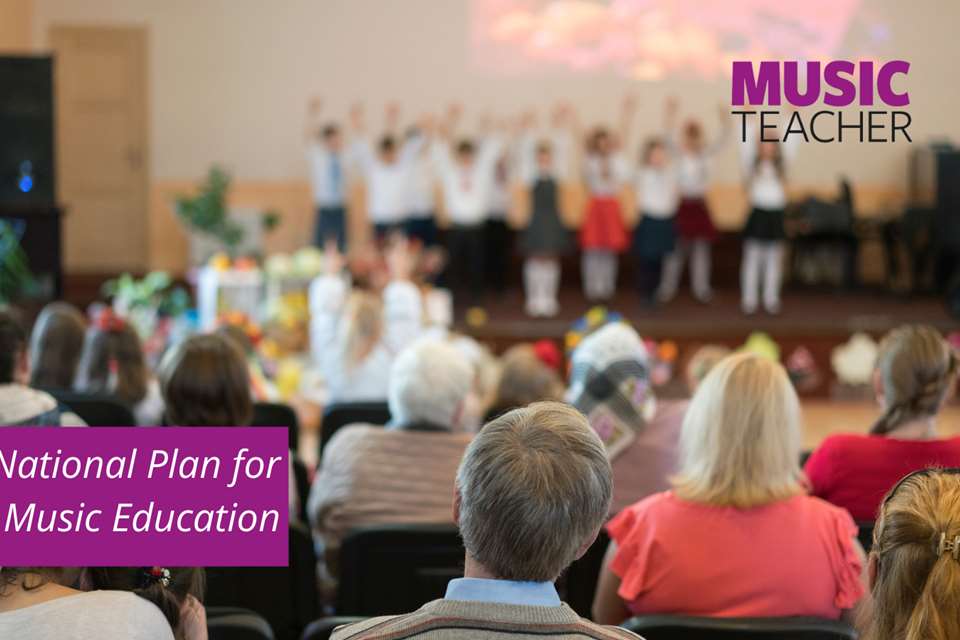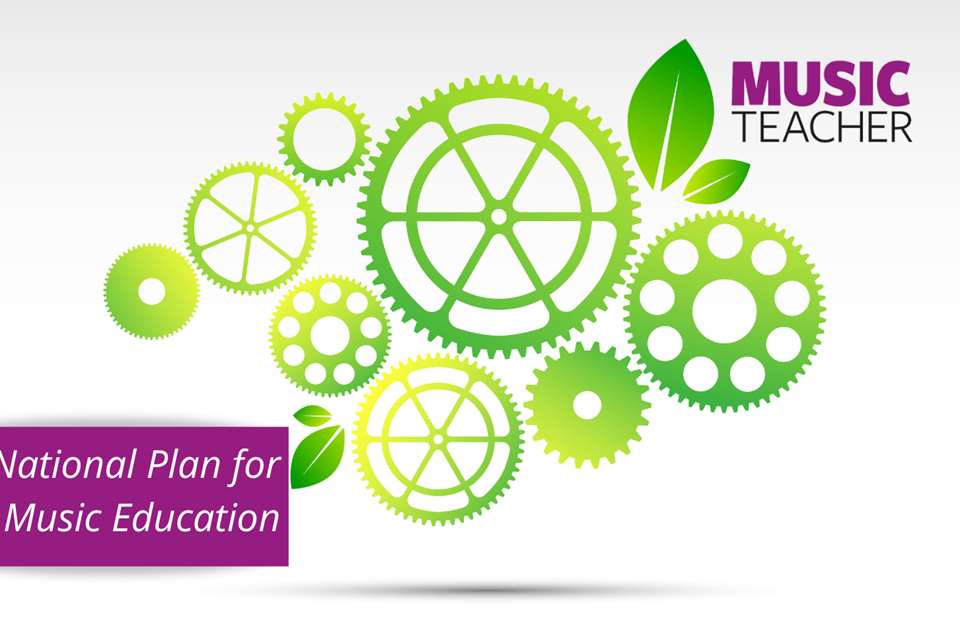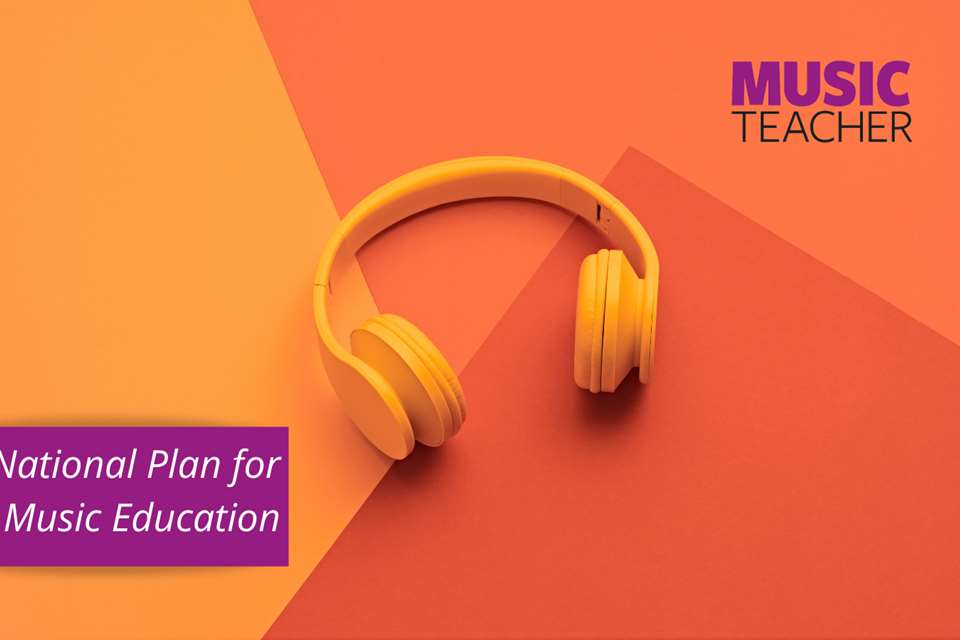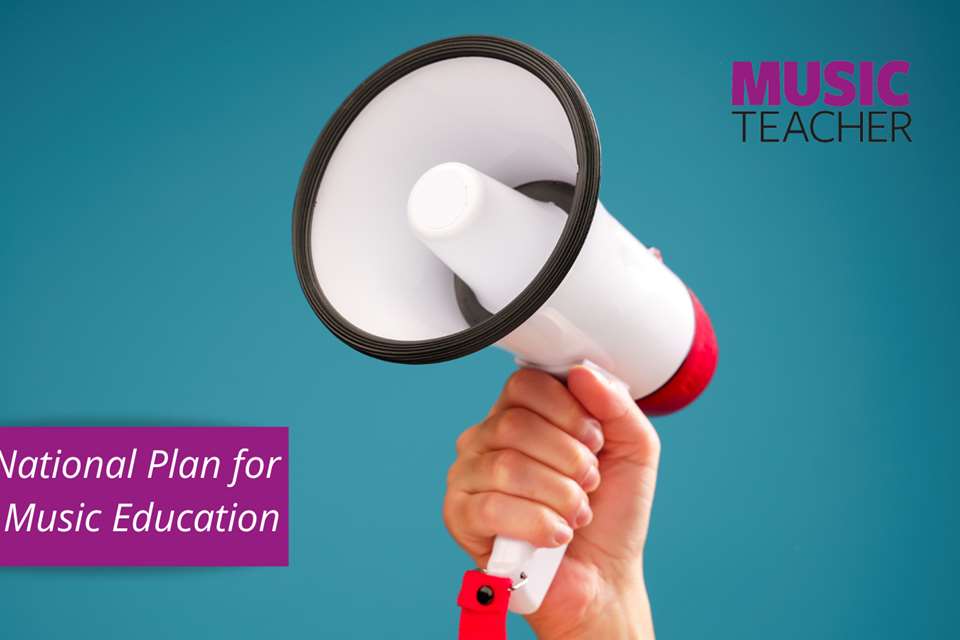NPME response: ‘This plan goes a long way to acknowledging the vast landscape of music education’
Chrissy Kinsella
Wednesday, June 29, 2022
Chrissy Kinsella, CEO of London Music Fund, reacts to the National Plan of Music Education, focusing on access and inclusion, progression, partnerships, and concerns around training the workforce.
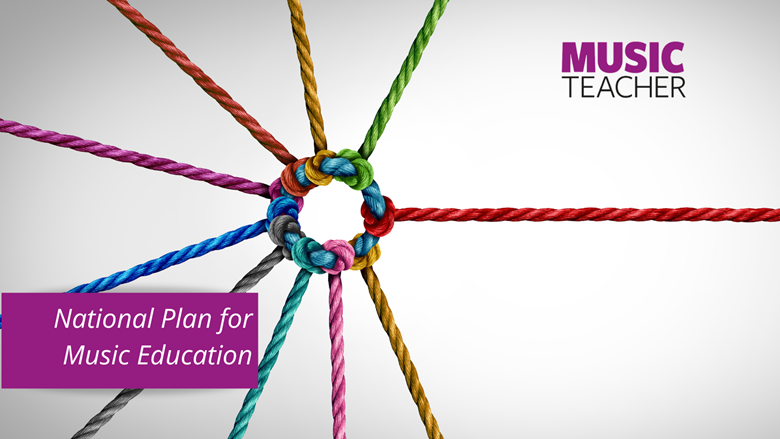
freshideas/Canva
The long-awaited refreshed National Plan for Music Education is finally with us: an extraordinary 83-page document (not including the 53 pages of inspiring case studies from schools, hubs, and young people). Having had some time over the last few days to read and assimilate this document, my immediate thoughts are that there is much to celebrate.
The previously-overlooked inclusion of the early years, a new focus on SEND and inclusion, additional capital funding for instruments and technology, emphasis on partnerships and collaboration between hubs, schools and the music industry, including CPD support, and the inclusion of creative music-making and composition (in schools/hubs and at home) all immediately stand out.
In setting out minimum expectations for schools, this plan offers music teachers significant support in encouraging SLTs to embrace music as part of any child’s well-rounded education. An ambitious focus on regional partnerships and connected leadership, as well as some exceptional case studies and the proposal for centres of excellence, provides clear support for hubs to deliver their strategic plans more effectively. Here, I will touch on a couple of areas that stood out on initial reading.
Access and inclusion
The focus on enabling group music-making to be accessed by all children, including those with SEND, is welcomed. The £25m capital funding can provide support for adaptive instruments and access to music technology, enabling participation and progression. In addition, I was pleased to read the awareness that children and young people make music in a variety of ways, in a variety of genres, from a variety of backgrounds, and in a variety of environments (both formal and non-formal).
Progression for all
In addition to the support for SEND students noted above, I am very pleased to read about plans for a Progression Fund from September 2024 for 1,000 children from disadvantaged backgrounds at Key Stages 2–3. The London Music Fund Scholarship programme has been in place since 2011, working in partnership with London music hubs, and to date has supported over 600 children and young people who would otherwise struggle to access music education. The impact of a sustained and progressive programme designed around each child’s individual needs over four years (covering the transition from primary to secondary school), has had a huge impact on the development of these young musicians. In addition, the recommendations for the music industry to support career pathways for young musicians from all backgrounds and genres is very positive.
Partnerships and collaboration
It’s very interesting to see the recommendation for stronger regional partnerships with the music industry, locally and nationally, and the links to schools and curriculum music. Encouraging joined-up thinking, strengthening relationships, and making use of local resources can all support a clear music education strategy. The focus on schools to support a minimum of one hour a week of tuition at Key Stages 1–3, along with the recommendations for a music lead in every school, can help to promote the importance of music to SLTs.
Similarly, the concept of every school having a Music Development Plan, and each hub having a Local Plan for Music Education (as well as a Lead School for Music) will contribute to greater joined-up thinking and stronger partnerships. The emphasis on the industry to support music education from the top down will encourage talent development pipelines and industry career pathways. The commitment to funding hubs at £79m per year (a slight increase on the current £75m) up to 2025 is positive, although, with the current cost-of-living crisis and rates of inflation, will be a decline in real terms. The proposed reduction in ‘hub lead organisations’ is a potentially controversial one, and I will remain open-minded to the possibilities of greater partnerships in the longer term, and look forward to reading more detail on this in due course.
Points to consider
A wider problem in education generally is the issues that we are seeing in Initial Teacher Education (ITE), and, in particular, around workforce retention. Anecdotally, schools are finding it immensely difficult to recruit and retain music teachers. The recommendation that every school has a music lead is important and suggests that there is an argument for bringing back primary school music specialist ITE courses. However, funding will be key in supporting schools with such roles, and also in supporting Higher Education and ITE courses (a number of which are being closed due to funding issues) and financial support for student teachers themselves.
The restructure of the hub network in England may cause some short-term difficulties, and the cost-of-living crisis and record levels of inflation will of course mean that what funding there is will not go far enough, but this is why long-term partnerships and collaborations are essential.
Conclusion
This is an ambitious and forward-looking plan. We are all fully aware of the positive impact that music can have, and that children and young people make music in very different ways. This plan goes a long way to acknowledging the vast landscape of music and music education that is experienced and enjoyed, and how schools, music hubs, the music industry and other organisations can support young people in developing their individual skills as musicians.
Not every child will go on to a career in music, but every child should have the opportunity to access high-quality music education and have the chance to develop their potential. Funding will always be key, and there can always be more. Encouraging music organisations to develop strategic collaborations across a broad range of partners can only contribute to more joined-up thinking, enhance any statutory funding offer, and lead to more exciting projects in future. The proposed restructure of the music hubs network will potentially be an upheaval but the hopefully stronger partnerships that are developed as a result can only benefit the musical development of our children and young people.
Thanks must go to the panel of experts, chaired by Baroness Fleet, for giving up countless hours over the last few months to create this much-needed plan for England.


